The world of recruitment is undergoing a massive transformation. Traditional job postings and stacks of resumes are quickly being replaced by AI-powered systems and social media recruiting strategies. Companies are no longer relying solely on job boards; instead, they are using data, automation, and online communities to find, engage, and hire top talent.
Understanding how AI and social media will revolutionize recruiting is essential for HR professionals, business leaders, and job seekers alike. This isn’t just a trend — it’s the foundation of a smarter, fairer, and more efficient hiring ecosystem.
The Evolution of Recruiting: From Manual to Intelligent Systems
A Brief Look Back
Recruiting has traditionally been a people-heavy process — from posting jobs on bulletin boards to scanning paper resumes. The introduction of online job portals in the 2000s brought speed, but not necessarily efficiency. Recruiters were flooded with applications, many of which were irrelevant.
The AI and Social Media Shift
Today, AI algorithms can analyze thousands of applications in minutes, identifying candidates that match specific skills and values. At the same time, social media platforms like LinkedIn, Instagram, and even TikTok allow employers to showcase their culture and attract talent in more authentic, relatable ways.
Together, AI and social media are changing the recruiting game from reactive to proactive.
How AI Is Transforming Recruiting
1. Smarter Candidate Screening
AI recruiting software uses natural language processing (NLP) and machine learning to read and interpret resumes just like a human — but faster and more accurately. Tools such as HireVue, Pymetrics, and Eightfold AI analyze experience, education, and skills to shortlist top candidates.
Example:
Unilever uses AI to screen and assess entry-level candidates. The system analyzes facial expressions and word choice during video interviews — reducing hiring time by 75%.
2. Predictive Analytics and Data-Driven Hiring
Predictive analytics helps companies forecast which candidates are most likely to perform well and stay long-term. By analyzing past hiring data, AI models can reveal patterns that even experienced recruiters might miss.
Fact: According to IBM, organizations using predictive analytics in HR saw improvements in retention by up to 20%.
3. Bias Reduction (When Done Right)
AI can help reduce unconscious bias — provided that the data it learns from is clean and representative. For example, AI tools can mask candidate names or demographics during initial screening, focusing purely on skills and experience.
4. Enhanced Candidate Experience
Chatbots powered by AI (like Mya or Olivia) can instantly answer candidate questions, schedule interviews, and provide real-time updates — keeping candidates engaged and informed throughout the process.
The Role of Social Media in Modern Recruiting
1. Employer Branding on Social Media
Social media recruiting isn’t just about posting job ads. It’s about telling a story. Brands that showcase their culture, values, and people online attract more engaged and better-fit candidates.
Example:
HubSpot’s LinkedIn Life page highlights employee stories, community work, and behind-the-scenes videos — helping them attract candidates who align with their culture of transparency and growth.
2. Finding Passive Candidates
Over 70% of professionals are passive candidates — not actively job-hunting but open to new opportunities. Platforms like LinkedIn and X (formerly Twitter) allow recruiters to connect with these individuals through personalized outreach and social engagement.
3. Targeted Advertising and AI Integration
Social media algorithms use AI to show your posts and ads to the right people. Recruiters can now target candidates based on skills, job titles, interests, and even past behavior.
Pro tip:
Running targeted campaigns on LinkedIn or Facebook with “Look-Alike Audiences” can increase relevant applicant volume by up to 50%.
4. Community Building and Referrals
Many companies are creating online communities — Slack groups, Discord servers, or LinkedIn communities — to build long-term relationships with potential hires. These networks become powerful referral sources.
How AI and Social Media Work Together
The synergy between AI and social media is where the magic happens. When combined, they create an end-to-end recruiting ecosystem that’s predictive, personalized, and scalable.
AI-Enhanced Social Listening
AI tools can monitor social media for signals that someone might be open to new roles — for instance, updating a profile, following competitors, or engaging with job-related content.
Sentiment and Personality Analysis
Advanced AI systems analyze candidates’ tone and engagement style on social platforms, offering insights into their communication skills and cultural fit. Recruiters can then tailor outreach accordingly.
Content Optimization for Employer Branding
AI can also analyze which types of content perform best with specific audiences, helping HR teams craft more impactful recruitment campaigns.
Real-World Success Stories
-
IBM’s Watson Recruitment — IBM’s own AI recruiting tool uses Watson’s analytics to identify top candidates, predict performance, and remove bias.
-
L’Oréal — Uses AI chatbot “Mya” for pre-screening and interview scheduling, improving efficiency by 80%.
-
LinkedIn Talent Insights — Provides recruiters with AI-powered data on where to find talent, which skills are trending, and what salary benchmarks look like.
-
TikTok Resumes — A creative pilot program allowed candidates to submit video resumes, showing how social media can make hiring more human and engaging.
Benefits of AI and Social Media Recruiting
-
Speed: Faster resume screening, scheduling, and onboarding.
-
Accuracy: AI identifies candidates based on skills, not just keywords.
-
Reach: Social media gives access to a global pool of candidates.
-
Engagement: Real-time conversations via chatbots and social DMs.
-
Cost-Effectiveness: Reduced ad spend and recruiter hours.
-
Employer Branding: Authentic storytelling builds trust and appeal.
Challenges and Ethical Considerations
1. Data Privacy
Recruiters must ensure compliance with laws like GDPR and CCPA when analyzing candidate data from social platforms.
2. AI Bias and Transparency
If AI systems are trained on biased data, they can unintentionally perpetuate bias. Companies must regularly audit algorithms for fairness and transparency.
3. Human Touch in a Digital World
Automation should enhance — not replace — the human connection. A personal message from a recruiter or a thoughtful interview process still matters immensely.
The Future of Recruiting: What’s Next?
1. Hyper-Personalization
Imagine a world where every candidate receives a customized job feed based on their skills, goals, and behavior — AI will make this a reality.
2. Predictive Retention Models
Beyond hiring, AI will help forecast who might leave a company and why, enabling proactive retention strategies.
3. Virtual Reality (VR) and Metaverse Recruiting
As digital environments grow, companies like Accenture are already experimenting with VR job fairs and onboarding — giving candidates an immersive experience of company culture.
4. Blockchain for Credential Verification
Blockchain will make verifying educational and professional credentials instant, secure, and tamper-proof — streamlining background checks.
How to Prepare Your Organization
-
Invest in AI Recruiting Tools: Choose platforms with transparency and bias-checking capabilities.
-
Train Your HR Team: Equip them to interpret AI data and make informed human decisions.
-
Build a Strong Social Presence: Share authentic stories, employee experiences, and achievements regularly.
-
Leverage Analytics: Track which content, channels, and campaigns deliver the best ROI.
-
Prioritize Ethics and Privacy: Communicate clearly with candidates about how their data is used.
Conclusion: The Human + Machine Advantage
The future of recruiting is not about AI replacing humans — it’s about humans using AI and social media to make better decisions faster. Recruiters who embrace technology will not only fill roles efficiently but also build stronger, more diverse teams.
In essence, understanding how AI and social media will revolutionize recruiting is about blending data-driven insights with empathy and storytelling. Those who master this balance will lead the hiring revolution in 2025 and beyond.
FAQs
Q1. How does AI improve recruiting?
AI automates resume screening, predicts candidate success, and reduces bias — allowing recruiters to focus on human engagement.
Q2. Can social media really help find quality candidates?
Yes! Social media showcases employer brand, reaches passive talent, and facilitates personal engagement with candidates.
Q3. Are AI recruiting tools expensive?
Costs vary, but most AI-driven tools save money long-term by reducing time-to-hire and improving retention.
Q4. How can companies avoid AI bias?
By auditing training data, using diverse datasets, and maintaining human oversight throughout the hiring process.
Q5. What’s the biggest trend for recruiting in 2025?
Integration — using AI, social media, and predictive analytics together to create a seamless, personalized hiring experience.
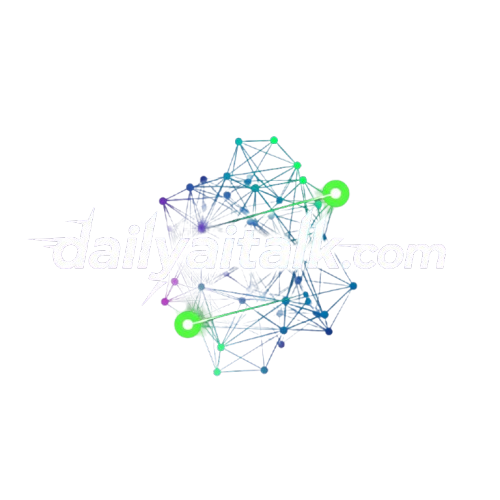
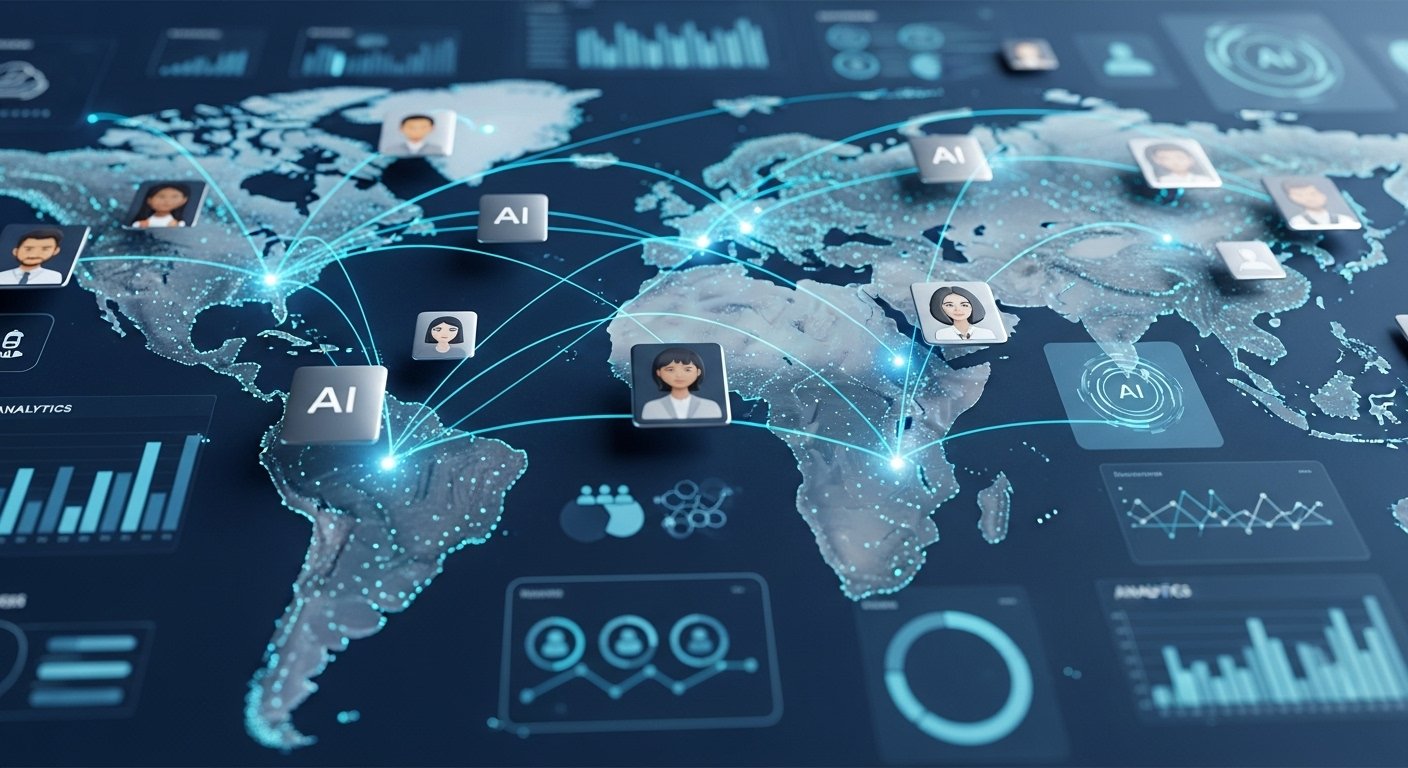
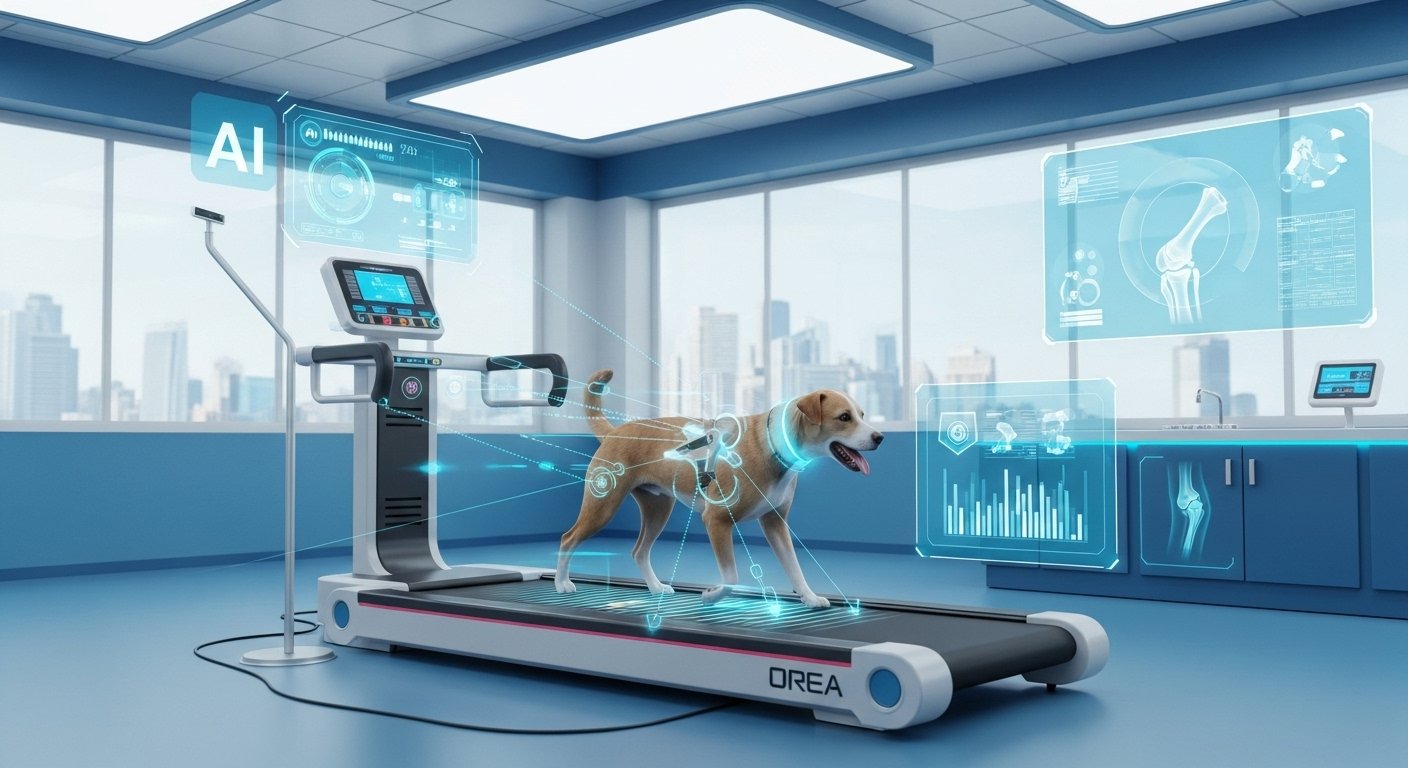
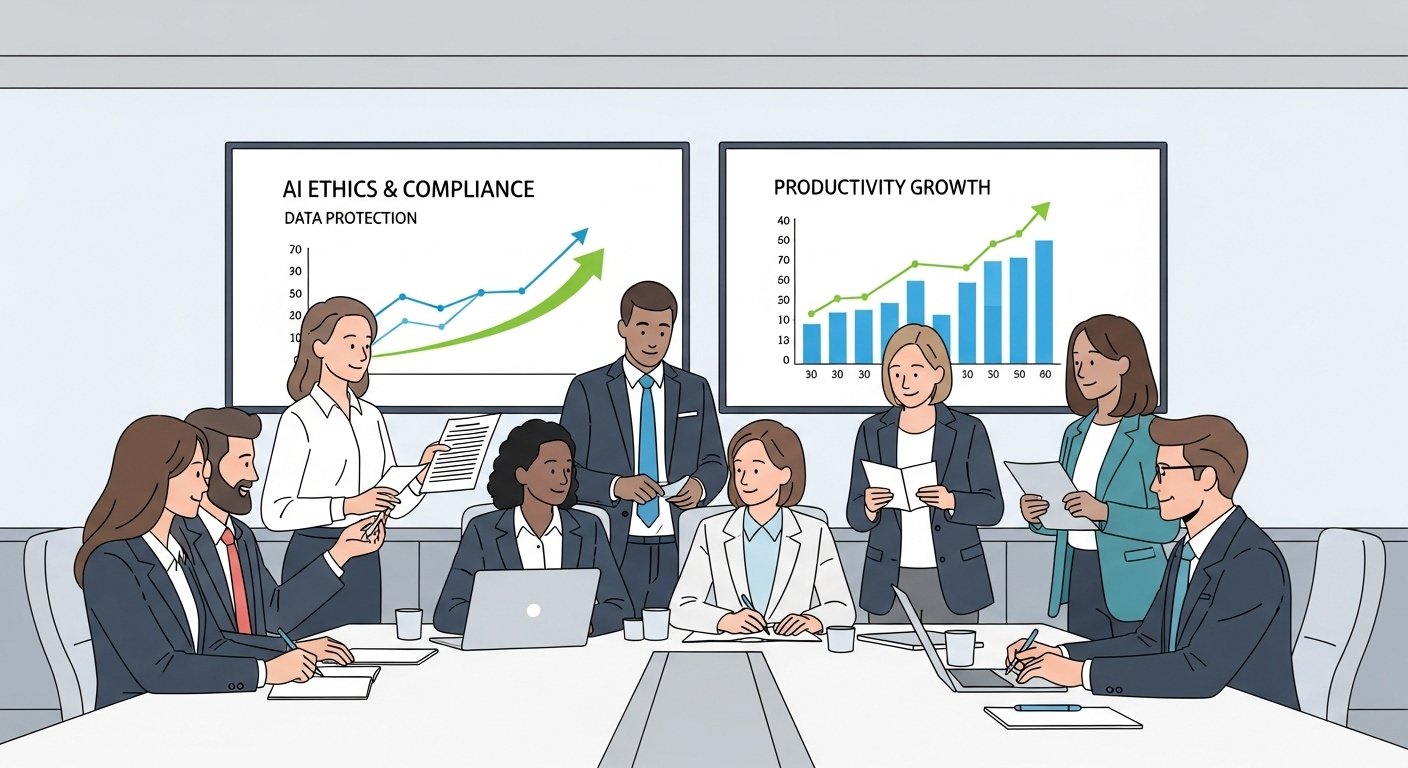
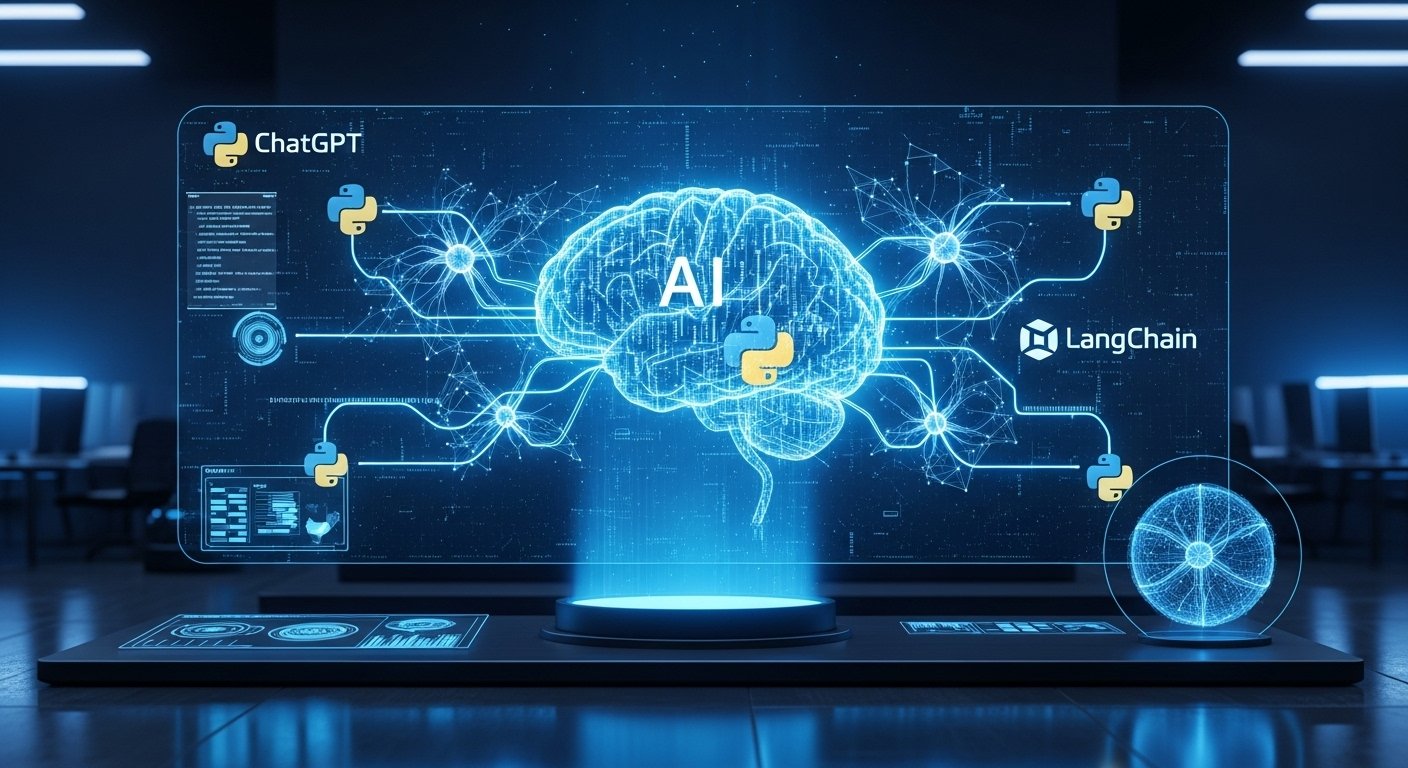
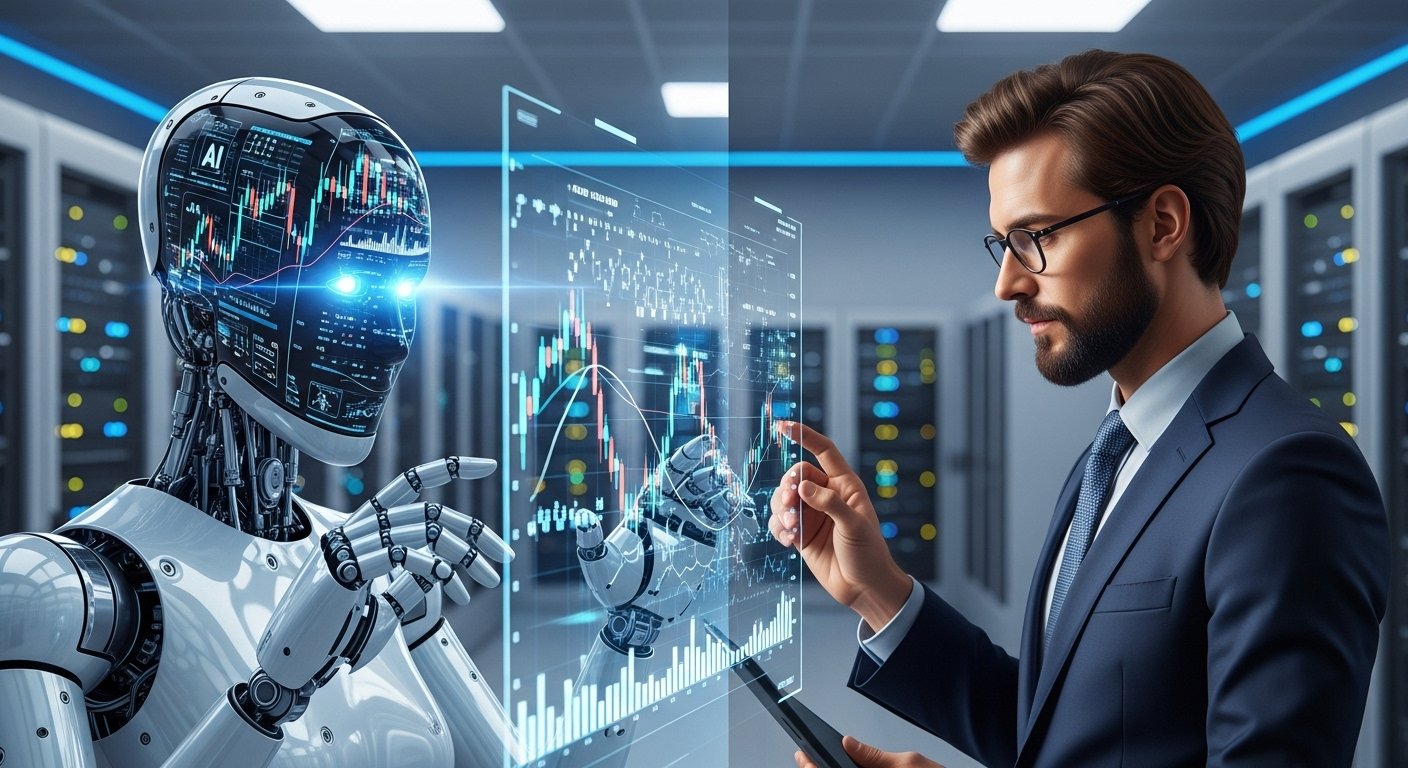
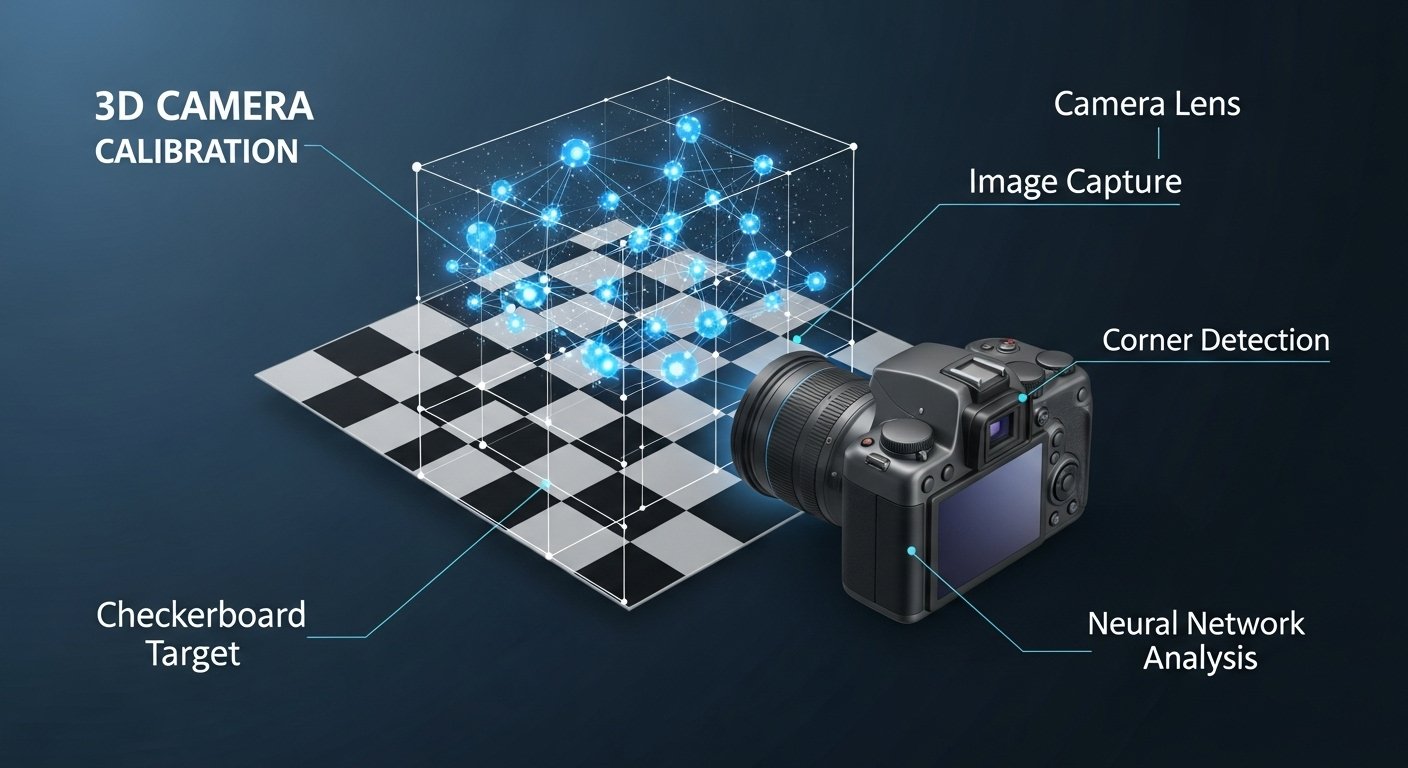

Leave a Reply